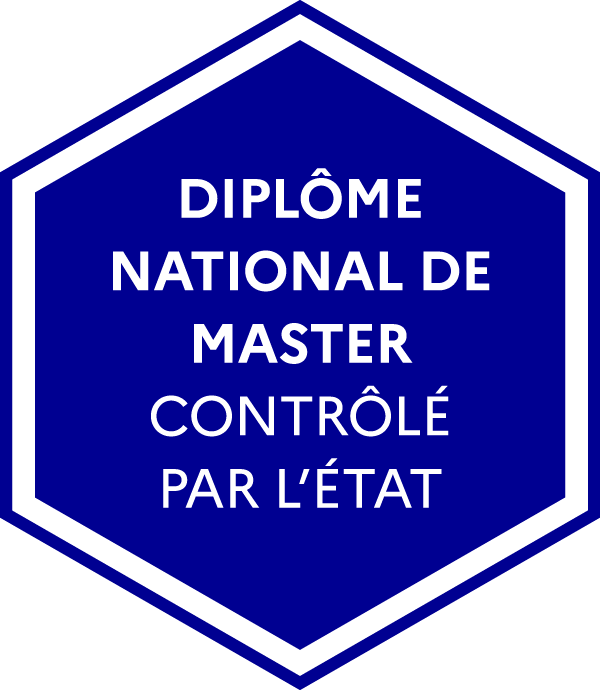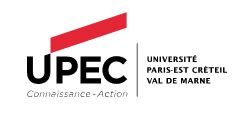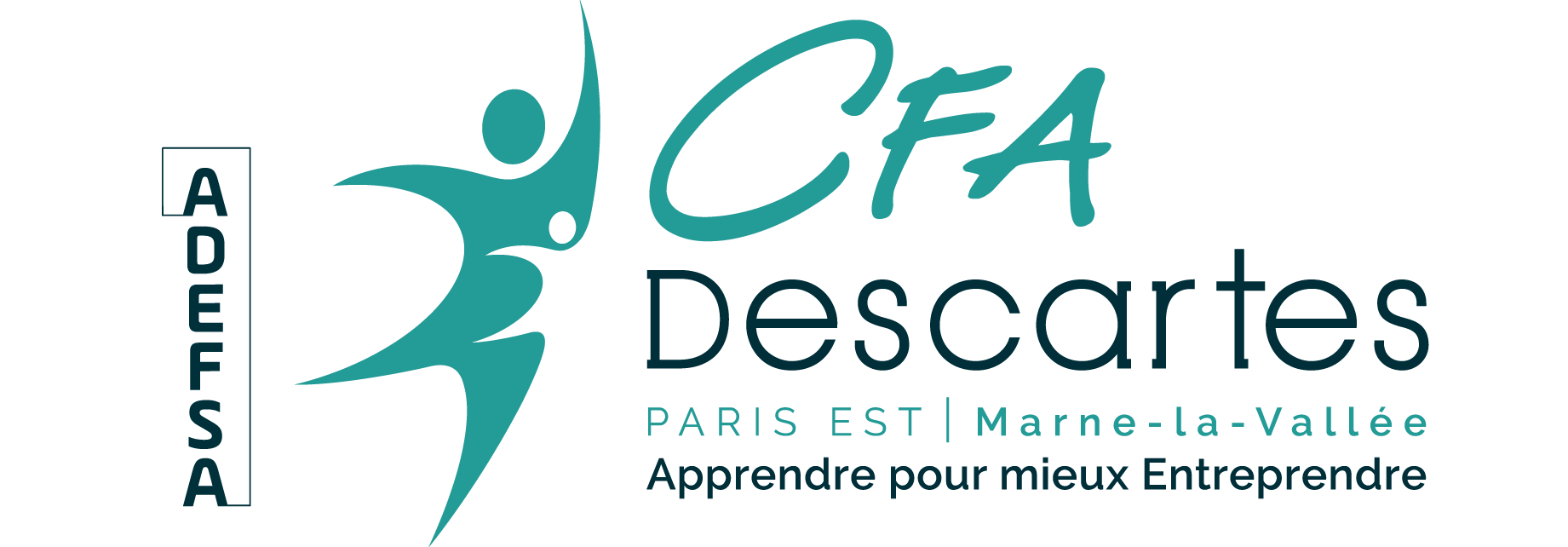Master's degree Integrated Urban Development: Strategies and Projects


Entry requirements
Students with at least an M1, from a wide range of professional and educational backgrounds (urban planning, economic development, political science, architecture, geography, law, engineering, etc.).
Benefits of the program
The course trains urban planning professionals who are capable of taking up the challenge of intersectoral and inter-institutional approaches and interventions that account for the social, economic and environmental challenges of sustainable urban development. This is a work/study course focusing on learning methods that combine university knowledge, research and professional experience. This approach is all the more important as the current context calls for innovations that challenge both urban research and daily inventiveness. Each year, the course focuses on an emerging, little-explored theme that calls for the development of new knowledge and expertise that the labour market will value (e.g. approaches to vacant urban spaces; industrial development and environmental transition of territories; productive cities). This is translated through a research/action workshop, an overseas study experience and a day of study dedicated to the theme.
Acquired skills
1. Contextualise, organise space and solve problems in integrated urban projects.
2. Work in project mode within complex stakeholder systems;
3. Integrate social, environmental and economic issues
Capacities
21
Course venue
Your future career
The Integrated Urban Development course aims to prepare graduates to enter the professional world immediately after the Master's degree.
Professional opportunities include: research officer, mission manager, or operations manager in urban planning, development, equipment, local development, economic development, real estate, Europe, strategy and partnerships, inter-territoriality, integration, urban policy or urban renewal, whether in the public sector (local authorities), the para-public sector (semi-public companies, local public companies; social housing landlords, etc.) or the private sector (design officers, urban operators, etc.).
Professional development through research, for example in the form of a PhD backed by an agreement with a company or public body, is perfectly feasible and compatible with this course. The teaching team will ensure that such vocations or skills are identified and supported.
Professional integration
Graduates work in four main fields:
- Territorial and urban analysis: research officer.
- Public policy and project development: mission manager for urban planning (planning or project), equipment or local development.
- Partnership creation: mission manager for Europe, strategy and partnerships or inter-territoriality.
- Project management: mission manager for integration, city policy, urban renewal project, local development, urban project, etc.
These roles are mainly located in local authorities (in particular, within departments in charge of urban planning, participation and local development), urban planning agencies, local development agencies, social housing, sectoral administrations (culture, sport, etc.)and private or para-public operators in urban development or design offices.
Study objectives
I. Train professionals to face the challenges of integrated urban development
This course trains future professionals in integrated urban development, a new challenge for public and private urban action. How should the renewal of urban spaces be conducted in a context of public finance austerity, transformations of urban challenges and changes in the relationship between spaces and societies? This issue challenges professionals to understand territorial transitions and spatial changes, to decompartmentalise sectors of public action, create new forms of cooperation and approach problems and solutions in a multidisciplinary way. The objective is to train professionals in these new contexts of action and to act as intermediaries. This requires a renewal of knowledge, approaches and skills.
II. Favour an educational approach that combines academic knowledge and professional experience
The course in Integrated Urban Development features a work/study format, alternating between university and professional work, based on professional development methods that combine academic knowledge and professional experience. This work/study approach is all the more important, as the current context calls for innovations that challenge both urban research and the daily inventiveness of professionals. As students alternate between university and a professional context, teaching methods are based on situations encountered in companies and assessment methods are adapted to the specific situation of learners. These methods make students/learners proactive and reflective towards their own learning and ability to develop new solutions.
III. Produce new knowledge on new problems in different territorial contexts and know how to use this knowledge
This course promotes professional development based on a research-based approach, which will equip future professionals with the ability to explore and formalise new problems and challenges. This objective, which may seem counter-intuitive in terms of the work-study format, has resulted in very positive feedback from both socio-economic partners and students.
With this objective in mind, we have designed a system organised into three complementary components:
1. Action/research workshop: explores a concrete problem posed by a socio-economic partner in order to develop an description of the problem and methodology and produce new knowledge for operational projects or public policy.
2. Study trip: to continue the work begun during the workshop, visits are organised to cities in different territorial contexts (metropolitan France, medium-sized cities, rural areas) that have developed innovative experiments related to the subject of the workshop. Students meet with the stakeholders of these experiments (elected officials, technicians, experts, etc.), and develop a critical reading of the case study and capitalise on the visit by producing a report.
3. Study day: a day organised and run by students during which they present the results of their work and organise conferences and debates with speakers from the academic and professional world.
This threefold learning method is an innovative approach in several ways: it is the result of close connections between several aspects of the course; it anchors an action/research approach in apprenticeship training and develops students’ skills in defining problems and producing new knowledge while remaining connected to a social issue; it makes students proactive and reflective towards their own learning.
Major thematics of study
Urban planning and development.
Calendar
After five weeks of classes, students alternate periods of two weeks in a professional organisation and two weeks at the university until May, when students work 100% of the time in a professional organisation.
Semester 3
| Courses | ECTS | CM | TD | TP |
|---|---|---|---|---|
|
Contextualiser et problématiser l'action urbaine (1)
UE organisée en différents cours permettant d'une part de saisir la pluralité des contextes urbains français, les mutations sociétales et leurs influences sur l'urbanisme et d'autre part de comprendre l'organisation du système d'acteurs propres à l'urbanisme et aux enjeux du développement urbain intégré. | 6 | 48h | 9h | |
|
Agir en mode projet (1)
UE organisée en différents cours permettant de saisir les enjeux et les méthodes d'une organisation de l'élaboration, de la conduite des projets et des politiques publiques en mode projet. | 6 | 33h | 18h | |
|
Intrégrer des enjeux socio, éco, environnementaux (1)
UE composée d'une introduction au DUI et de deux premiers approfondissements autour des enjeux d'intégration dans les pratiques d'urbanisme de gestion et d'intégration des questions de développementé économiques et d'emploi en lien avec la transition écologique et la cohésion socio-territoriale dans les politiques urbaines et les projets d'urbanisme. | 6 | 57h | ||
|
Workshop
UE organisée autour d'un atelier de recherche-action. Cette démarche vise à explorer, identifier et comprendre des problèmes concrets liés à des stratégies et/ou enjeux de développement urbain intégré à l’échelle de projets opérationnels et/ou d’élaboration de politiques publiques territorialisées. Il s’agit de produire de la connaissance sur les problèmes posés par le développement urbain intégré et d’explorer et concevoir des approches adaptées. Les apprentis travailleront sur un ou des cas proposés par un ou des partenaires professionnels. Le travail conduit par les étudiants sera articulé à d’autres enseignements du parcours notamment ceux en liens avec les méthodes de la connaissance des territoires et avec les méthodes de la coopération et de la participation. | 12 | 82h | ||
|
Agir en mode projet (2)
UE d'approfondissements centrés sur les démarches d'appels à projets et d'appels d'offres et de la question de l'intégration des usages et des usagers dans les démarches de co-construction des politiques urbaines et des projets d'urbanisme | 9 | 15h | 18h | |
|
Intégrer des enjeux socio, éco, environnementaux (2)
UE d'approfondissements organisés autour de séminaires thématiques permettant de confronter les étudiants-apprentis aux enjeux, problèmes, solutions, systèmes d'acteurs autour de politiques urbaines et de projets d'urbanisme cherchant à intégrer des enjeux environnementaux, sociaux et économiques. | 9 | 104h | 28h | |
|
Mémoire et atelier d'analyse de pratiques
UE organisée autour d'un dispositif pédagogique visant à organiser des temps d'échanges autour de problèmes de la pratique professionnelle (enjeux éthiques, de professionnalisation, de positionnement, de développement des compétences) et autour d'un séminaire permettant la réalisation d'un mémoire de recherche. | 12 | 45h |
MIOT Yoan
Claire ARAGAU
Partners


École des Ponts ParisTech.

